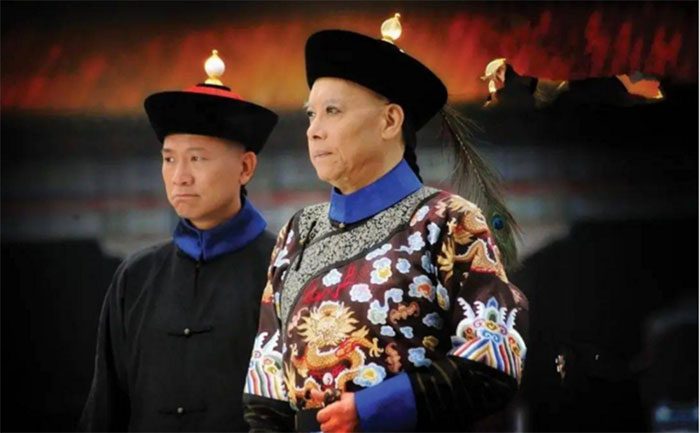Despite spending their days serving the emperor, the concubines were often extremely tired; however, the eunuchs in the feudal era typically enjoyed a longer lifespan than ordinary people.
Before entering the palace to fulfill their duties serving the emperor, concubines and servants had to undergo a process known as body purification to become eunuchs. This way, the noble royal lineage would remain untainted, and the eunuchs would be more loyal to their masters.

Eunuchs often had to undergo body purification before entering the palace. (Source: Sohu).
According to research data, the average lifespan of eunuchs is 14 to 19 years longer than that of ordinary men. Among 81 eunuchs surveyed, three of them lived to be 100 years old.
The last eunuch of the Qing Dynasty, Sun Yao Ding, lived to be 94. While emperors enjoyed luxurious foods and lived in good material conditions, their lifespans were generally not high. What, then, accounts for the longer lifespan of eunuchs compared to emperors?
Related to Hormones
After undergoing “body purification,” eunuchs became “half male, half female,” with reduced male hormones and increased female hormones, leading to a better immune system. Additionally, due to their inability to have children and engage in sexual activities, they often did not lose vitality. This abundance of vitality contributed to the eunuchs’ better health and longevity.
In contrast, emperors faced significant pressure, worrying about managing state affairs and the responsibility of producing heirs with numerous concubines. These burdens could easily lead to physical and psychological deterioration, thereby shortening their lifespans.
Less Life Pressure
The lives of eunuchs were generally less stressful, and they did not have to worry about trivial daily matters. When a person experiences prolonged mental stress, their lifespan can be adversely affected.
Only a few eunuchs who served close to the emperor faced significant pressure; most other eunuchs performed lighter tasks such as watering plants and tending to flowers. These minor chores, combined with minimal pressure, contributed to a comfortable life and good mental health, which are factors influencing longevity.


















































